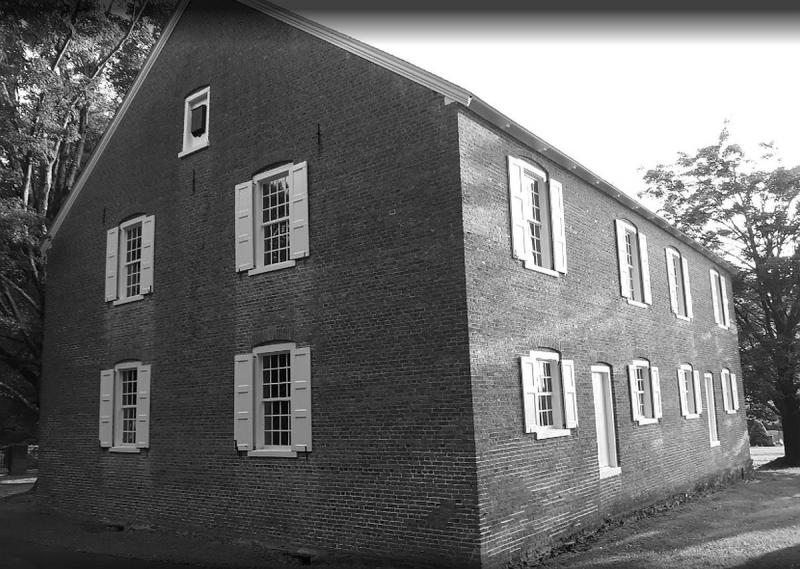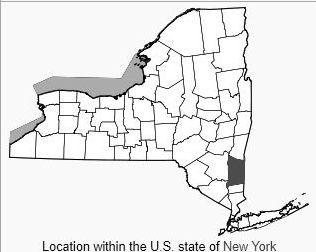Quaker families left Dartmouth for New York centuries ago, records show
Recently transcribed historical records have revealed that many of Dartmouth’s Quaker residents emigrated to a part of New York state known as “The Oblong” in the 18th and 19th centuries.
The records come from the Dartmouth Historical and Arts Society, which is in the process of transcribing more than 6,000 pages of handwritten notes from Dartmouth Friends meetings into a searchable computer database.
In October, DHAS received a $10,000 check from the Smith Neck Friends to put towards the project.
Similar to an early census, the notes — minutes from the Dartmouth Monthly Meeting of Quakers — kept track of members, including those who moved, or “removed”, to other meeting houses, as well as births, deaths, and marriages of those who stayed in Dartmouth.
They are a valuable primary or original record of information, and an important resource for historians and genealogists, according to DHAS President Bob Harding.
“As we read and transcribe these valuable documents, historical life in Dartmouth is continually unveiled for us,” noted Harding. “Significant and interesting aspects of daily life in colonial Dartmouth are revealed in detail.”
According to Harding, preliminary findings from the project have shown a Dartmouth “exodus”, including information on “who left Dartmouth, where they went, and when they left” from 1727 to 1807.
Destinations for Dartmouth Friends leaving town included places all over the Northeast, from as near as Westport and New Bedford to Maine and Pennsylvania.
Many of the former Dartmouth residents moved to a section of New York known as “The Oblong,” which was a disputed border area between New York and Connecticut.
The Oblong was given to New York in return for Connecticut keeping its “panhandle” along Long Island Sound, and was opened to settlement in 1731.
Some Dartmouth families settled in Pawling, NY, which boasted so many Friends part of it became known as Quaker Hill — and where the name Akin features prominently in its history.
The Akin Hall Association still runs the Akin Free Library and Akin Hall in Pawling’s Quaker Hill community. But it is unclear if the name comes from the same family as that of Dartmouth’s own Akin House.
Whatever the connection, Dartmouth residents were originally drawn there for one main reason: The land.
Historian Warren H. Wilson wrote in a 1907 P.h.D. thesis at Columbia that The Oblong was a “fertile land” that was settled by people from Long Island and Massachusetts.
“The value of the land in the Oblong was advertised widely. In choosing [Oblong] soil the Friends selected ground which after one hundred and sixty-seven years is the richest in the region, sustains the best dairies, and is able longer than any other in the neighborhood in time of drought to afford abundant green grass and verdure,” Wilson wrote.















